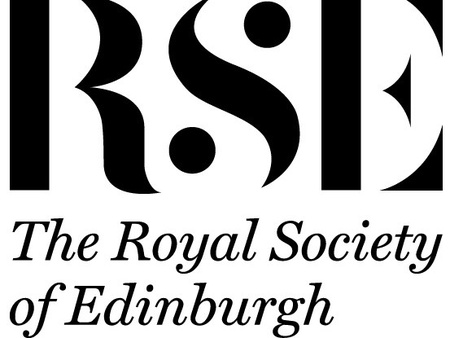Four teams from the University of Aberdeen have been awarded funding in the latest RSE Research Awards programme.
The expert groups will use the funding to further their research across a diverse range of topics including cancer research, criminal justice, language acquisition and organised crime.
More than £80,000 was awarded to facilitate the work that the RSE state ‘will not only benefit Scotland’s cultural, economic and social wellbeing but will also have an international impact. ‘
One of the teams include Professor Anne Kiltie, Professor Valerie Speirs and Dr Lionel Broche who were successful in their bid for funding to develop Aberdeen’s Cancer Research Network. The aim of their project is to encourage new collaborative research and innovation in cancer treatment incorporating key areas of expertise at the University.
Professor Anne Kiltie explains: “The University of Aberdeen pioneered field-cycling imaging and we have world-class facilities at Rowett Institute to explore bacteria in the intestines (gut microbiota), as novel ways of treating common cancers. We wish to build links with the Universities of Edinburgh, Glasgow and Strathclyde, to explore their complementary strengths which will enhance our research in these areas, in a collaborative transdisciplinary approach, thus building capacity in Scottish cancer research.”
Dr Brian Mathias and Agnieszka Konopka from the School of Psychology alongside Professor Katharina von Kriegstein, from the Technical University Dresden in Germany, will use their award to conduct a series of studies on language learning and bilingualism in Scotland and Germany.
Dr Mathias explains: “The project aims to better understand how visual and motor experiences shape our memory for language, and how integrating movements such as gestures into word learning can benefit foreign language instruction in the classroom.
“The work will involve both German-English bilingual speakers and English native speakers living in Germany and Aberdeen, and it will strengthen research connections between Aberdeen and the TU Dresden, one of Germany’s eleven Universities of Excellence.”
Professor Trevor Stack from the School of Language, Literature, Music and Visual Culture, was awarded funding for his work on organized crime and civil society through comparative ethnography in Mexico. He explained: “International agencies have long identified “corruption” as a problem in democratizing states. More recently, the same agencies have highlighted “organized crime” as a global issue, while calling on “civil society” to complement states’ efforts to respond. I will conduct a short period of fieldwork dedicated to rethinking these concepts.
“My work will focus on Mexico as a country that is an OECD member yet has earned a reputation for corruption and organized crime, despite an array of responses not only by national institutions but also by local, national and international civil society.”
Finally, Dr Elizabeth Shaw from the School of Law explains her research on Moral Uncertainty and Criminal Justice: “Moral uncertainty arises when ethical theories conflict and we are uncertain which one should guide our conduct. This project investigates criminal justice policy and how that might be shaped amid current theories of moral uncertainty and punishment.
“I hope this project will guide criminal justice policymakers and make a novel contribution by linking the fields of moral uncertainty and punishment theory.”
ENDS


